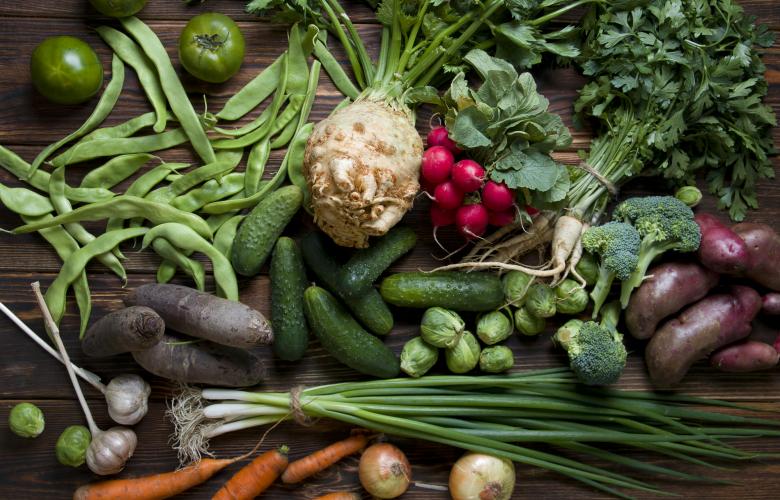TOKYO, Feb. 26, 2020 /PRNewswire/ -- East Japan Railway Company (JR East) announced today a partnership with Infarm - the world's most advanced and rapidly growing urban farming platform - to deliver a range of fresh produce grown and harvested at Kinokuniya retail stores starting summer 2020.
The first such agreement in Asia, the JR East partnership includes a declaration of capital investment in Infarm that will introduce the company's produce to Japanese consumers, freshly-grown and harvested in Tokyo locations of JR East food retail arm, Kinokuniya Co. Ltd.
An additional agreement with national food distributor Muroo Co. Ltd will support a phased expansion for the Berlin-based company across Japan in 2021. Together, the trio of agreements will drive Infarm's growth in Asia's most developed market, and will be supported by Infarm Japan, the company's new affiliate in the region.
"Japan's densest cities represent both the challenge and the potential of distributed, modular urban farming for cities around the world. Our partnership with such strong allies as JR East, Kinokuniya and Muroo Co. not only mark Infarm's entry into a nation known globally for the care and quality of its food culture, but accelerates our ability to build an ecosystem of partners worldwide who together will be able to feed the 7 billion living in cities by 2050, with fresh, sustainable food," commented Erez Galonska, co-founder and CEO of Infarm.
Infarm has developed the world's most advanced, easily scalable and rapidly deployable modular farms that can transform any retail space and fulfill any market demand. Each in-store farm offers a controlled environment with growing recipes that bring out the natural flavor and properties of each plant.
The individual farms are connected and remotely controlled from a central farming platform that gathers up-to-the-minute information about each plant's growth and learns, adjusts and improves itself continuously, so each plant grows better than the one before.
Infarm staff regularly visit the farms to harvest mature plants, place them at the point of sale, and plant new seedlings for the next cycle. Consumers have access to the plants at their freshest points, still alive with their roots, full of nutrients and flavor.
"Infarm offers an innovative, consumer-centered approach to urban farming that can contribute to the dynamic conversation about how we think about the relationship between technology and sustainable food here in Japan. As one of Infarm's early-stage investors and managing director of Infarm Japan, I'm excited about the opportunity we have to partner with others across our food industry, as we work together to build a better future," commented Ikuo C. Hiraishi, Managing Director, Infarm Japan.
Founded in 2013, Infarm is one of the world's largest urban farming platforms harvesting and distributing more than 250,000 plants each month across its network. Infarm currently operates across Denmark, France, Germany, Luxembourg, the United Kingdom, the United States and Switzerland where it has deployed more than 600 farms in stores and distribution centers. Since 2013 the company has raised more than 100 million USD, most recently with a 2019 Series B funding round led by European venture capital firm, Atomico.
About Infarm
Founded in 2013 by Osnat Michaeli and the brothers Erez and Guy Galonska, Infarm combines highly efficient vertical farms with IoT technologies and Machine Learning, to offer an alternative food system that is resilient, transparent, and affordable. The company distributes its smart modular farms throughout the urban environment to grow fresh produce for the city's inhabitants. With cutting edge R&D, patented technologies, and a leading multi-disciplinary team, Infarm was founded on a visionary mission: helping cities become self-sufficient in their food production while significantly improving the safety, quality, and environmental footprint of our food.
SOURCE: PRnewswire.com





